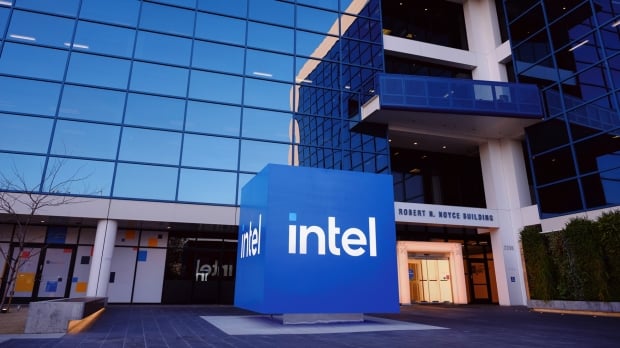Intel is navigating the "most difficult period in its 56-year history," from Foundry issues to a plummeting stock price, massive layoffs of its workforce, and controversies surrounding its desktop CPU products. With the company seemingly in damage control, there is speculation that it would split off its foundry or chip-making business as a measure to turn things around.

As it turns out, Intel's CHIPS Act deal with the U.S. government is worth $7.86 billion and has a particular "change of control" restriction. The restriction or stipulation of the agreement states that Intel needs to retain 50.1% of control or ownership of its Foundry business. If Intel plans to spin off this part of its business to become a separate entity (which it is doing), it will have to maintain control.
The CHIPS Act aims to boost semiconductor manufacturing in the US. Hence, this restriction aligns with the endeavor's goal of making virtually all industries within the country less reliant on overseas companies for chips and processors.
Interestingly, Intel recently announced that it will spin off its Foundry division to become independently run while reporting to Intel CEO Pat Gelsinger. According to analysts, this decision was made because the company needed to find customers other than itself, Intel, for its chips. The additional benefit is that Intel Foundry losses, which are being recorded in the billions, will no longer be included in Intel's books.
Another stipulation or agreement laid out by the CHIPS Act deal is that Intel must be a customer of Intel Foundry. Still, even so, the company is benefiting from the agreement as it will be developing and manufacturing chips for the US Department of Defense in a deal worth up to $3 billion. Of course, setbacks and other issues have led Intel to look to TSMC for its APUs, GPUs, and AI accelerators - so it's still got a long way to go.
- Read more: Intel plans to release more desktop GPUs after the first Arc Battlemage card debuts in December
- Read more: Intel Arc B580 Limited Edition 'Battlemage' graphics card spotted for $250, more specs emerge
- Read more: Tencent's new 3D One gaming handheld teased: gigantic 11-inch screen, Intel Lunar Lake CPU
- Read more: New Intel driver for Z890 motherboards boosts Core Ultra 200S gaming performance



